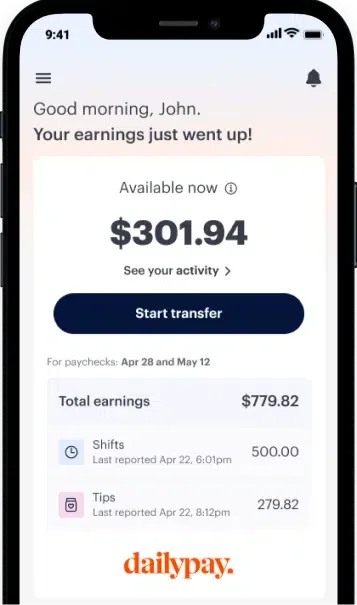Healthy credit is a key ingredient of financial wellness. It can affect your ability to secure financing, rent an apartment, and even get a job. If you’re starting from scratch, building your credit can be tricky. You do so by using your credit accounts responsibly, but what if your lack of credit prevents you from getting approved in the first place?
Fortunately, there are a few workarounds that could help you establish a solid credit score—even if you’re at the starting line.
What factors affect your credit score?
Let’s first step back and review why any of this matters. Multiple factors shape your credit score, and they’re all derived from your credit reports. There are three major credit bureaus: Experian, TransUnion and Equifax. When you have open credit accounts (like credit cards, auto loans, student loans and mortgages), creditors typically report your account activity to the credit bureaus on a monthly basis. This includes your outstanding balances, available credit, payment history and more. Each bureau maintains its own credit report for you. FICO, a major credit scoring model, calculates your credit score like this:
- 35% Payment history
- 30% Amounts owed
- 15% Length of credit history
- 10% New credit
- 10% Credit mix
As you can see, the length of your credit history accounts for 15% of your FICO Score. New credit makes up another 10%. Payment history plays the biggest role, making up over a third of your score. You need to have open accounts to establish a positive payment history, but most creditors have minimum credit score requirements to get approved. A thin credit history could prevent you from qualifying for certain types of loans and lines of credit.
3 ways to build your credit history
1. Consider a secured credit card.
A traditional credit card is a form of unsecured credit. That means there’s no collateral to back it up. A secured credit card works differently. The borrower deposits money upfront to secure the account. If for some reason you end up defaulting on your payments, the lender has that deposit as collateral. The amount you put down typically determines your credit line—or how much you’re allowed to charge on the credit card.
In the meantime, you can use a secured card just like a regular credit card. Whenever you swipe it, that transaction is added to your running balance. Your payment comes due at the end of each billing cycle. It’s always wise to pay it off in full each month to avoid carrying a balance. You might choose to only make the minimum payment, but you’ll be charged interest on what you still owe. APRs on secured credit cards can be higher than 26%, so it’s definitely something to think about. With that said, making on-time payments and keeping your balance low can help boost your credit score.
2. See if someone will add you as an authorized user.
Another route is to piggyback on a friend or family member’s credit. Becoming an authorized user on one of their credit cards will add your name to the account. You’ll then receive a new card in your name. The primary account holder is technically responsible for making payments (not the authorized user), but you can always pay them directly each month to cover your charges. Even if you don’t use the card, the account holder’s payment history will show up on your credit reports. In other words, their responsible credit usage can help you build your credit. The opposite is also true, so be mindful of who you partner with.
Just be sure to use the account responsibly. If not, you could jeopardize the primary account holder’s credit. This isn’t only reckless—it could seriously damage the relationship
3. Look into a credit-builder loan.
Traditional loans follow a simple formula. If you meet all the eligibility requirements and get approved, you’ll receive your funds upfront and then pay it back gradually over time. Credit-builder loans work in reverse. The borrower makes fixed payments (with interest) for a predetermined amount of time. This is typically six to 24 months, according to Capital One.
Your payment history will ideally be reported to the credit bureaus along the way—which can increase your credit score. When the term ends, you’ll receive funding. A credit-builder loan might be a great option, assuming you make your payments on time. Missed or late payments could reflect negatively on your credit report.
As you work to establish your credit history, your credit score will hopefully improve as you go. The goal is to use the tactics outlined above as a springboard into strong, independent credit health.
All information herein is for educational purposes only and should not be relied upon for any other use. The information herein does not constitute the rendering of financial, business, accounting, securities, tax or legal advice or other professional advice by DailyPay. No fiduciary obligation or duty exists, or is created, between you and DailyPay. DailyPay does not warrant the completeness or accuracy of any information provided to you.

